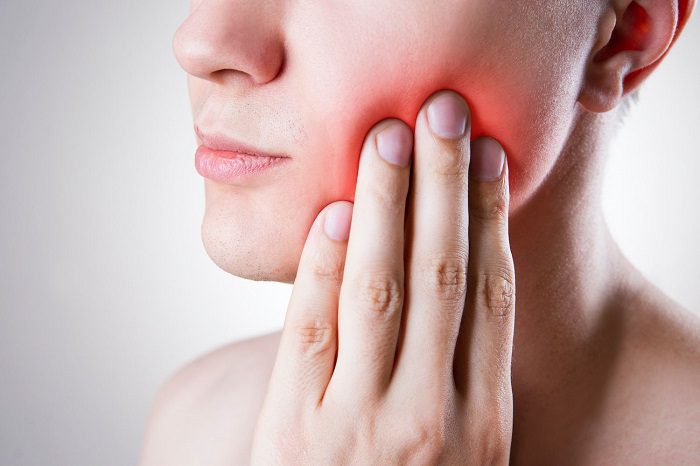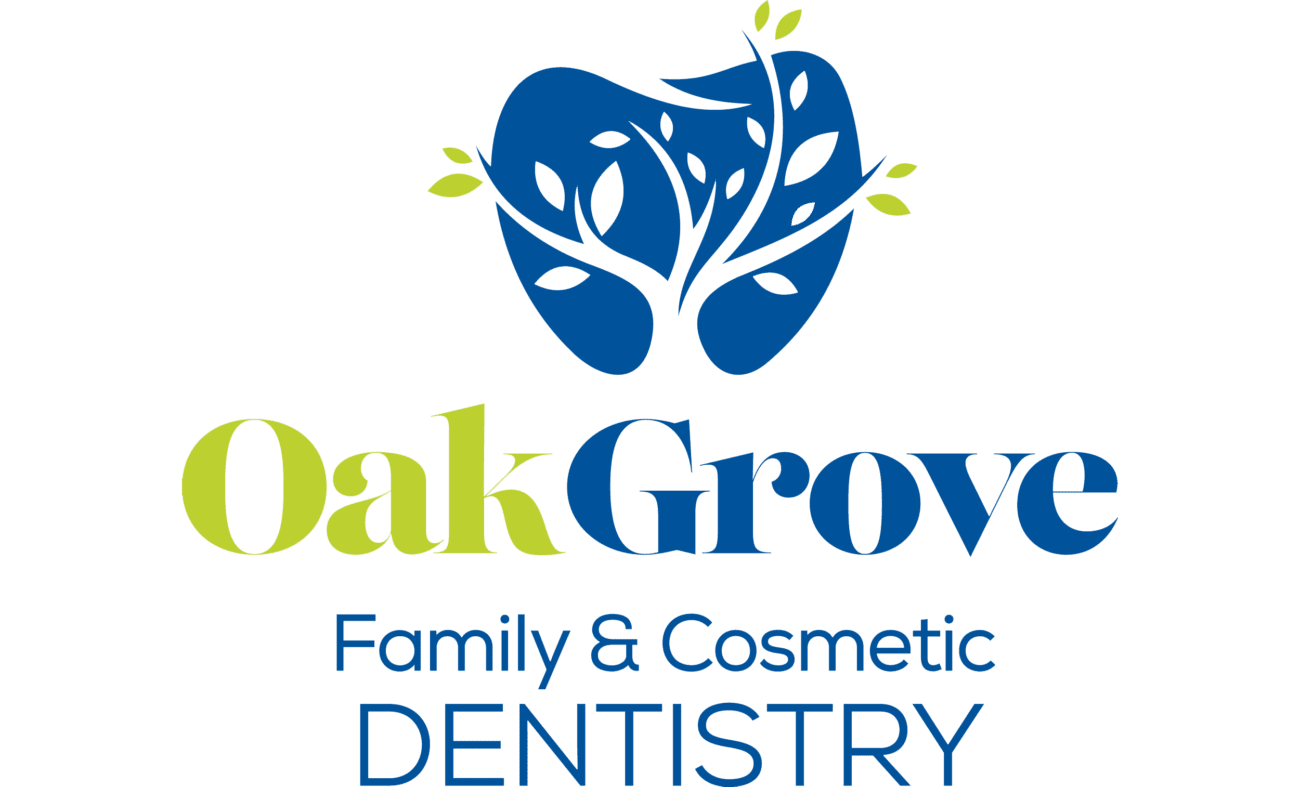Does your jaw feel sore? A constant aching in your jaw can feel excruciating after some time. This chronic discomfort can ultimately lead to a decline in your oral function, and you might see difficulties speaking or eating.
Jaw pain often presents as a symptom of temporomandibular joint disorders, also known as TMJ. This problem stems from inflammation around the muscles of this joint in the jaw. A number of dental concerns can contribute to this inflammation, including rising tension caused by strain and abnormal pressure on the teeth.
TMJ does not go away on its own. Your dentist can treat the problem, though the method of doing so will depend on the root cause of the tension within the jaw. Read on to discover three treatment options that can relieve jaw pain and other symptoms of TMJ.

Pursue Stress Relief Exercises
A major reason that you might feel facial tension and therefore chronic jaw pain is experiencing high levels of stress. External factors can make you feel stressed, which will build tension throughout the body, including in your mouth and jaw. You might clench your teeth subconsciously as a result, creating pressure that will radiate to the jaw and cause TMJ.
You can reduce your overall stress levels with targeted activities that make you feel relaxed, such as deep breathing exercises. Your dentist can also provide you with facial stretches that address specific muscles in the jaw. These can loosen tight muscles to relieve tension there, treating jaw pain as well. Schedule a consultation with your dentist to learn more about your symptoms and how to treat them.
Wear a Custom Mouthguard
Increased stress may initiate or exacerbate a habit of grinding your teeth. When you grate the top arch of teeth against the bottom arch, this poses a serious threat to your dental structure. But it also creates pressure that can extend to the jaw and lead to TMJ and jaw pain.
Many people will grind their teeth during sleep, a time in which they cannot consciously stop this behavior. So a dentist can prevent grinding from harming your smile by providing the patient with a custom-made mouthguard.
The appliance will cushion teeth against this pressure as well as keep the jaw aligned in a comfortable position as you sleep. This will then allow you to wake up without pain in the jaw and provide relief for other TMJ symptoms as well.
Amend Bite Problems
If you have crooked teeth, spacing issues between teeth, overcrowded teeth, or other dental alignment issues, you might see interference with your ability to bite down. If you have bite problems like these, then you could see an uneven distribution of pressure each time you bite down. And this could lead to many concerns with your jaw, including TMJ. Therefore, amending these concerns in your smile can stop this abnormal pressure and relieve jaw discomfort.
Some minor issues in your dental alignment can be fixed with cosmetic dental solutions. However, many more severe malocclusions may need a referral to an orthodontist or other specialist. Find the optimal solution to resolve your jaw pain and other symptoms by calling your dentist today.
